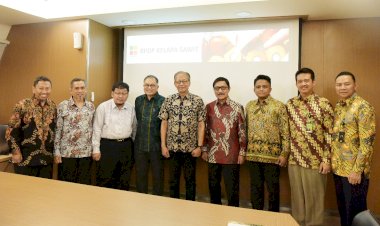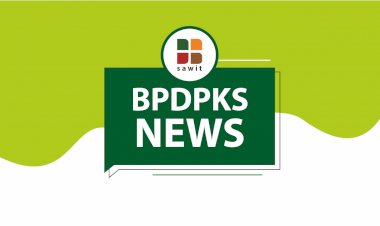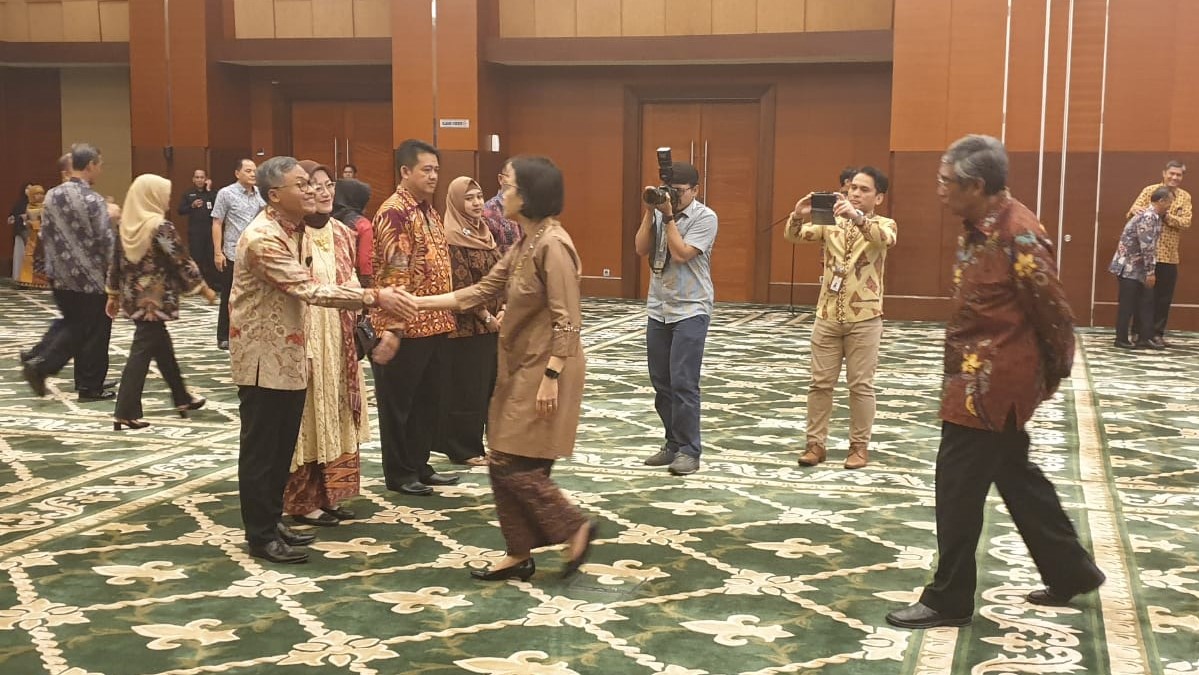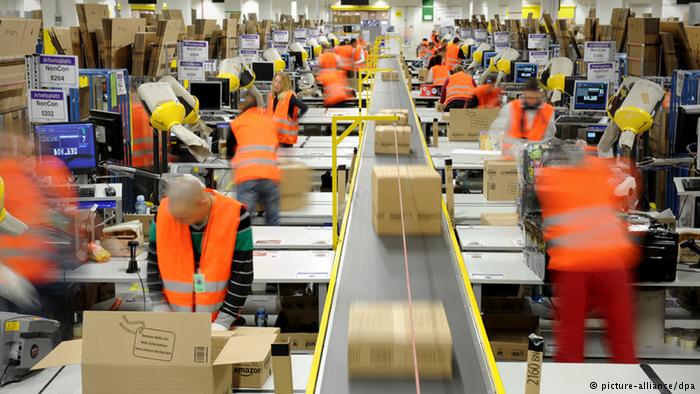IPB University World’s Most Active Publisher of Palm Oil Research
Research on palm oil conducted by IPB University has been ranked the first in total number of scientific articles internationally published in reputable databases according to a recently released report by Elsevier Research Intelligent, Singapore in 2020.
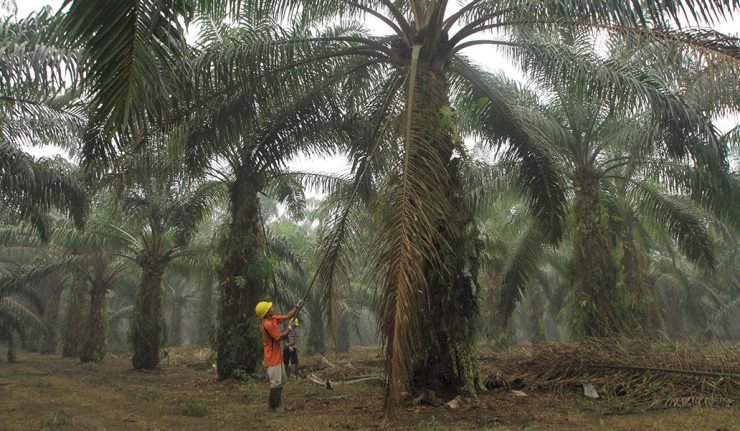
JAKARTA—Research on palm oil conducted by IPB University has been ranked the first in total number of scientific articles internationally published in reputable databases according to a recently released report by Elsevier Research Intelligent, Singapore in 2020.
The university has said in a statement quoted by Kumparan, Wednesday (12/2/2020), that according to The 2020 Elsevier Research Intelligence on Evidence-Based Policymaking for Indonesia, IPB has produced a total of 69 scientific papers on palm oil, followed by University of Goettingen (UGOE) in Germany with 42 papers, Putra Malaysia University (UPM) with 35 papers, Malaysia Sabah University (UMS) with 26 papers and the Center for International Forestry Research (CIFOR) with 24 papers.
The five institutions were active to conduct research on palm oil on the subject of plants, biodiversity, environment, sustainability, socio-economic, smallholders, land covers, etc.
IPB has collaborated with UGOE and CIFOR on several research projects that address the Oil Palm Adaptive Landscape and the Global Challenges Research Fund’s Trade, Development and the Environment Hub.
Palm oil-related researches conducted by the IPB were supported by the Ministry of Research and Technology, as it also considered the National Research and Innovation Agency (BRIN), as well as the Indonesia Oil Palm Plantation Fund Management Agency (BPDPKS), private companies, and other involved sectors.
IPB rector Arif Satria said that research-based integration of the upstream palm oil supply chain is very important to ensure a sustainable palm oil business in Indonesia, which is a significant driver of national economic growth.
Collaborating with Cargill, IPB has established a palm oil teaching farm at Jonggol, West Java that allows students to learn on good agricultural practices (GAP).
Some research conducted by IPB in collaboration with BPDPKS include Mitigation Issues of 3-MPCDE Ester and Palm Oil Glycidyl Ester in Indonesia; Emission Factors of Drained Peatland in Indonesia for Palm Oil Cultivation: a Remeasurement of Emission Factors by Carbon Emissions Measurement Method; and the History of the Origins of Status, Land Use, and Biodiversity in Palm Oil Plantations in South Sumatera, Riau, West Kalimantan, and West Sulawesi.
IPB University also focused on research on palm oil downstream industry, including innovations in import substitution surfactant products to support implementation of enhanced oil recovery (EOR) technology in old oil wells and also innovation in biomaterial products. Collaborating with start-up companies, IPB has also marketed eco-friendly helmets produced from waste of palm oil fresh fruit bunches which was also supported by BPDPKS.
Arif Staria said that IPB were committed to improving the quality of palm oil research in Indonesia, either through an interdisciplinary or transdisciplinary approach, to increase its impact on sustainability. ***

